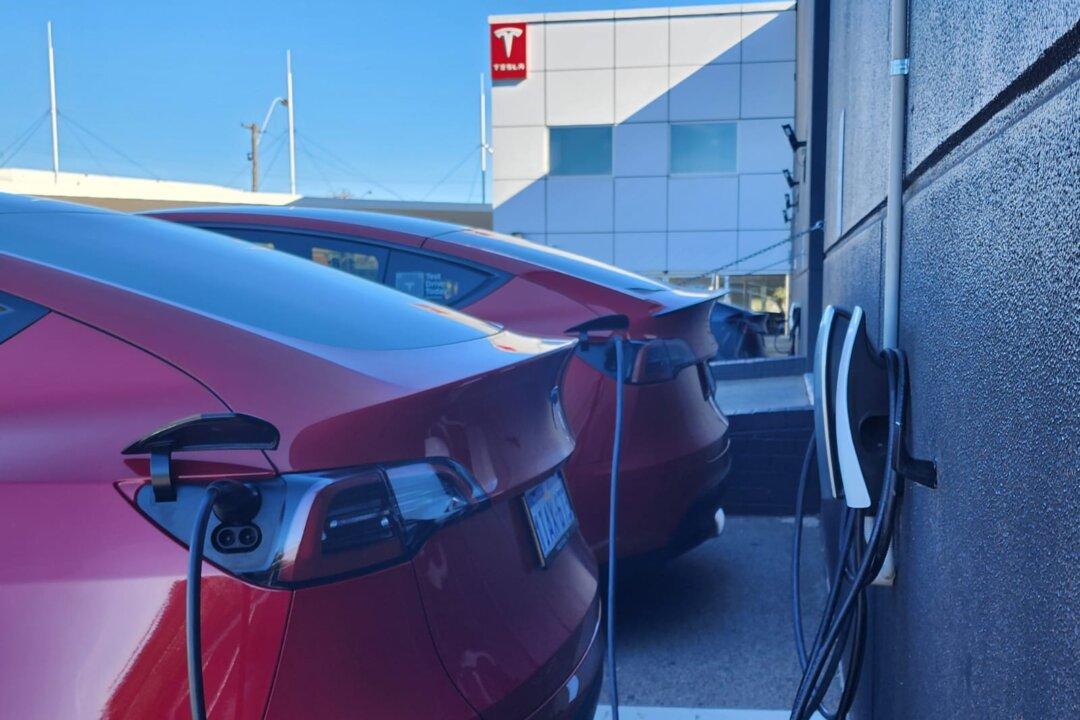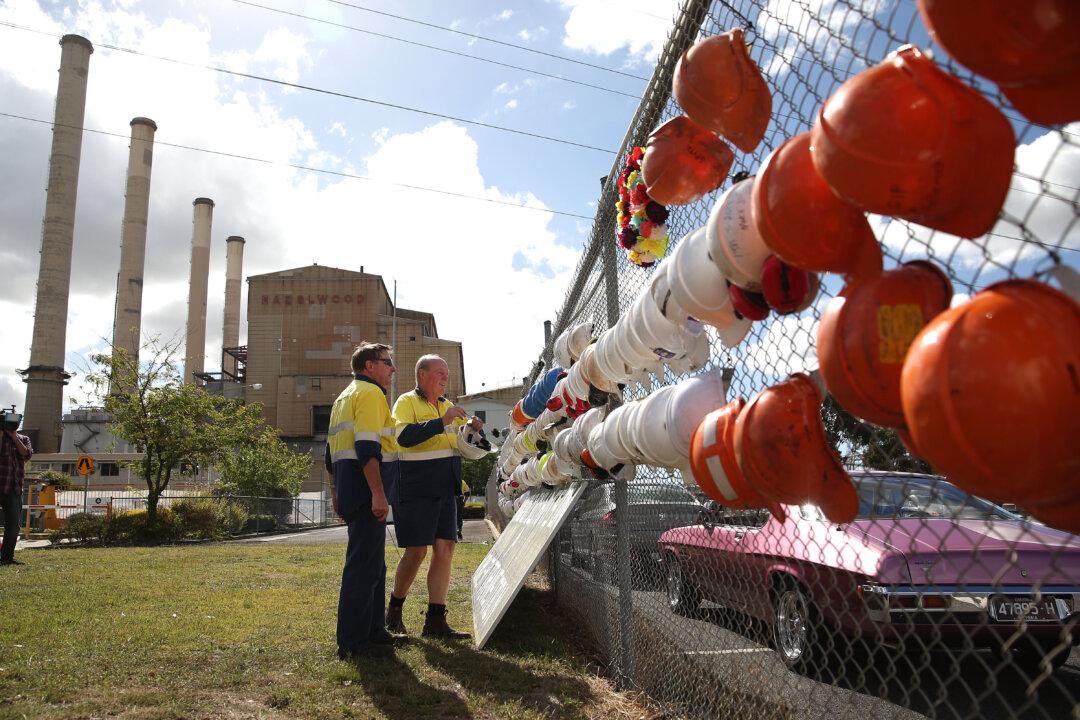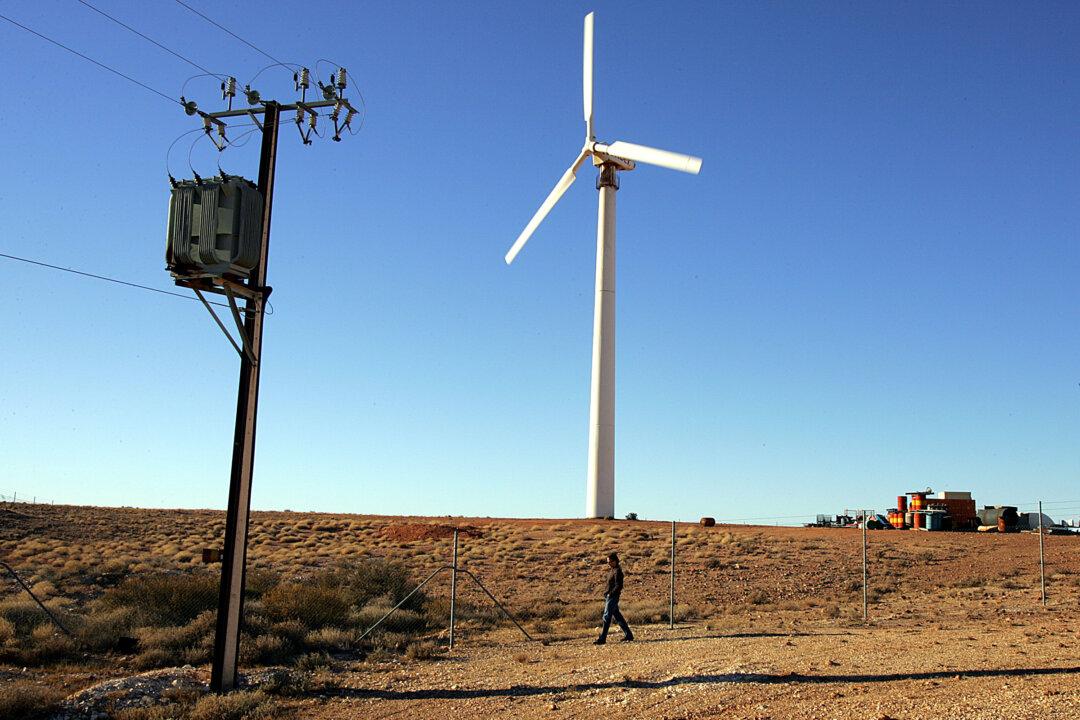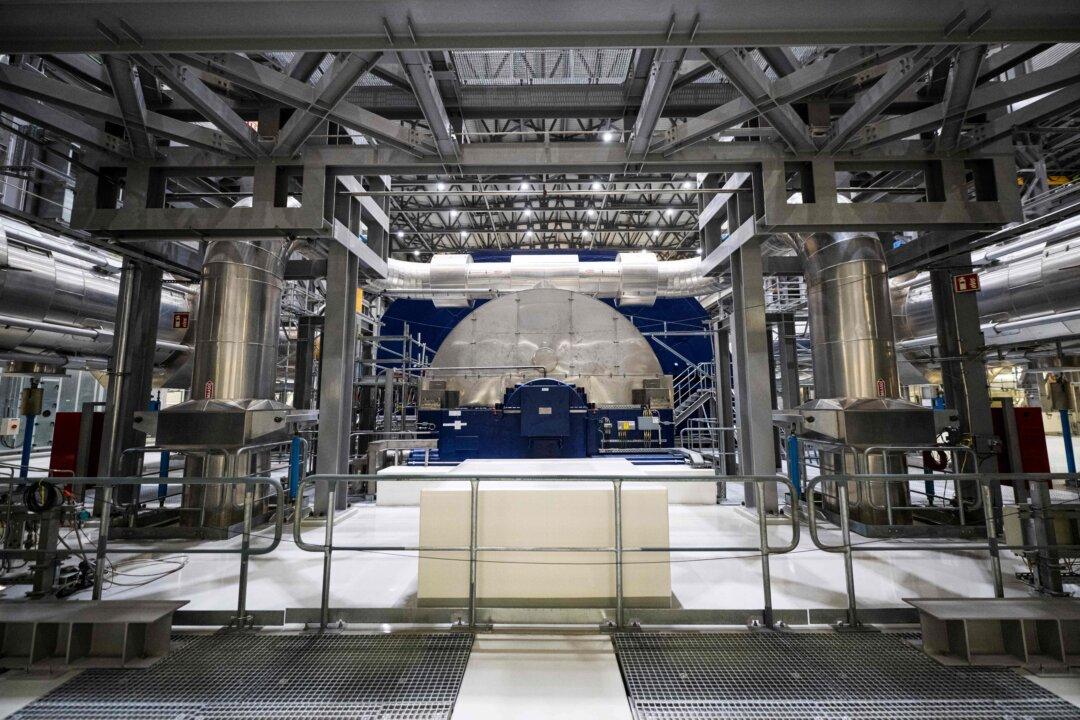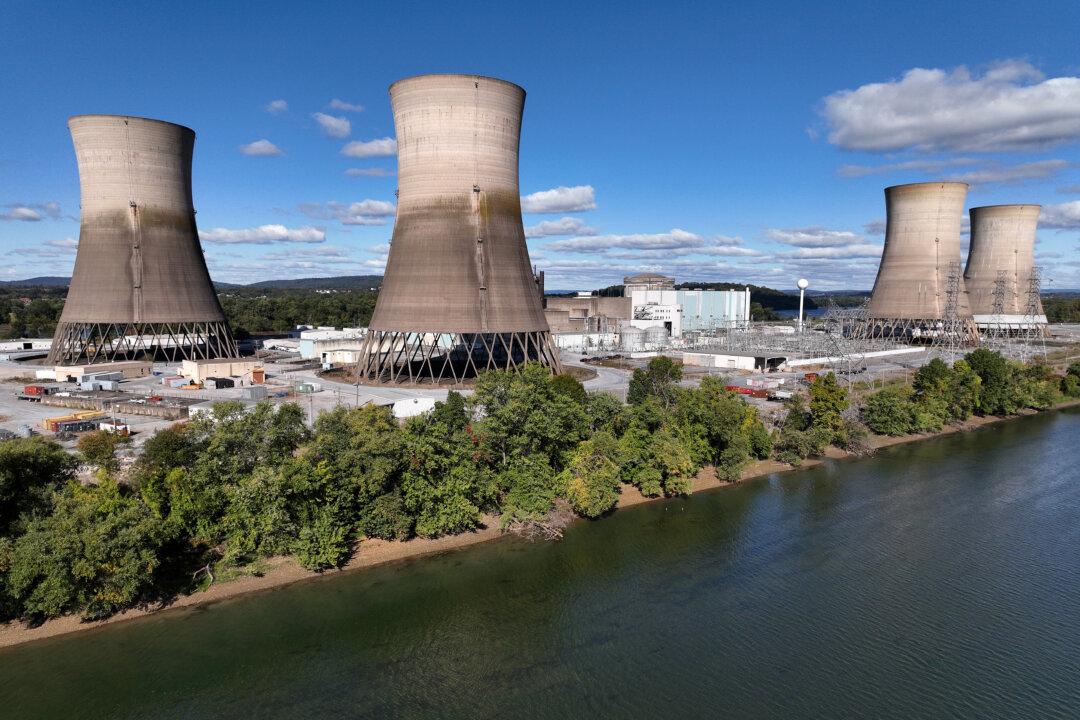An independent vehicle safety agency has raised concerns about the safety of second-hand electric vehicles (EVs) imported into Australia via a special program.
During a parliamentary inquiry hearing on the EV transition on Aug. 8, ANCAP Safety CEO Carla Hoorweg suggested that the government should strengthen regulations on EV importation via the specialist and enthusiast vehicle (SEV) scheme.
The imported vehicles must be built on or after Jan. 1, 1989, and meet SEV eligibility criteria.
Hoorweg expressed concern that the scheme was not intended to import EVs, which were generally mainstream vehicles and not SEVs.
She explained that the scheme allowed individuals or organisations to import single vehicles that were unlikely to have their safety adequately rated.
“We require a minimum of four vehicles of the same make and model to be tested to produce a star rating,” she told the Standing Committee on Climate Change, Energy, Environment and Water.
“There’s additional tests, but we need to destroy four vehicles at the end of the test program to conduct all those tests.
“When you’re importing individual one-off vehicles, there is no way for us to provide that safety information on those individual vehicles because we can’t validate the specifications that are on each vehicle.”
The CEO also noted that while people may import more than four vehicles, the cars’ specifications are not guaranteed to be the same.
“If they had undergone testing by another NCAP [New Car Assessment Program] in another jurisdiction, … we don’t have any way of transferring or translating that information into something that we could say comparably how that vehicle would perform compared to a sister vehicle that had been rated by ANCAP,” she said.
“So our concern is that it’s essentially subverting ANCAP’s rating system, it’s subverting the Australian design rule requirements, and it’s not intended for EV importation.”
ANCAP Finds Minimal Safety Difference Between EV and Conventional Vehicles
Despite these concerns, Hoorweg said ANCAP’s testing revealed little difference in safety between EVs and conventional vehicles.“What we are looking at with particularly passive safety is a series of crash tests that identify the vehicle’s structural performance. How well does it hold up in those standard tests? How well are occupants protected?” she said.
“And we have not seen, I would say, vast differences between electric vehicles and other vehicles.
“Similarly to what we see with many ICE (internal combustion engine) vehicles, they [EVs] are scoring five stars, they’re scoring four stars.”
The CEO also noted that ANCAP conducted additional tests on EVs to examine the safety of their batteries.
“We conduct two of the physical crash tests on the EV specifically to look at that battery integrity question,” she said.
“We do the mobile, progressive, deformable barrier, frontal offset test, so head-to-head kind of test, and then we also do the pole side impact test.
“Those are the two that are most likely to cause some kind of battery intrusion or intrusion into the space where the battery would be housed.”
Nevertheless, ANCAP has not found any problem with EV batteries so far.
“In our laboratory-based testing, we’ve not seen any issues. We’ve not had any cars burst into flames in our test program,” Hoorweg said.
While lab testing did not show much difference in safety, Hoorweg acknowledged that ANCAP did not have road crash data for EVs and hybrids as they had not penetrated the fleet enough.
The safety rating peak body did not have data on EV road crash fires.
